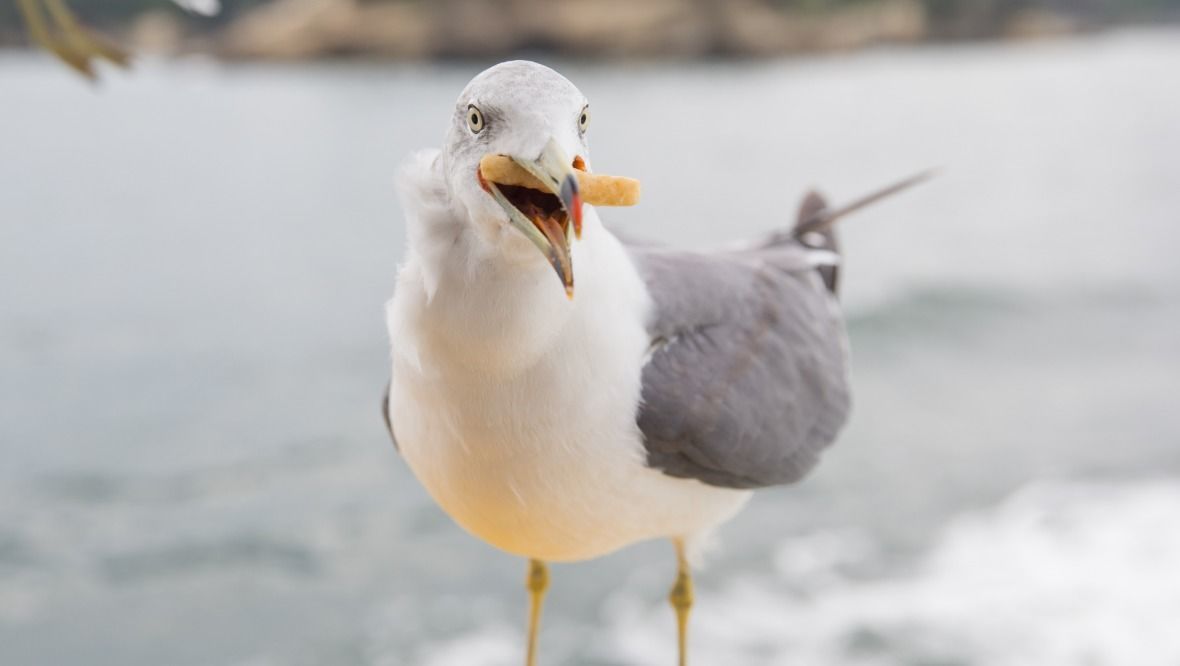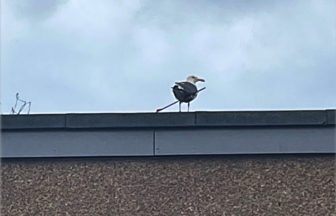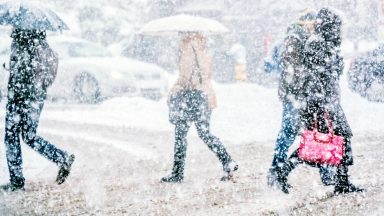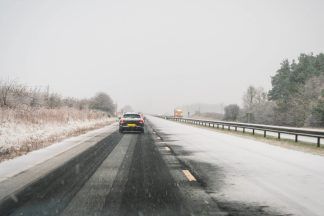Members of the public are being urged to use an umbrella to protect themselves from dive bombing seagulls.
New guidance issued by NatureScot has urged employers and property owners to provide suitable Personal Protective Equipment (PPE) to mitigate against seagull attacks.
Using headwear is also advised to avoid injuries from direct strikes from the gulls, as the birds continue to cause problems for people in residential, commercial and industrial settings.
The guidance claims dive bombing would only be considered a risk to public health or safety when the recipient is a vulnerable person or group of persons.
This includes those unable to defend themselves due to working at height, or due to certain forms of disability.
NatureScot guidance sets out the difference between risk and nuisance from gulls with licenses issued when the danger to public health and safety is “clear and obvious”.
The guidance states: “Under most circumstances we would expect an employer or property owner to provide PPE (headwear or umbrella) or take necessary precautions to limit the frequency of dive bombing (provide an alternative access route), as an alternative solution to a licence.
“We would only consider this behaviour as a risk to public health or safety when the recipient of the dive bombing is a vulnerable person or group of persons, for example someone who is unable to defend themselves due to working at height, or due to certain forms of disability.”
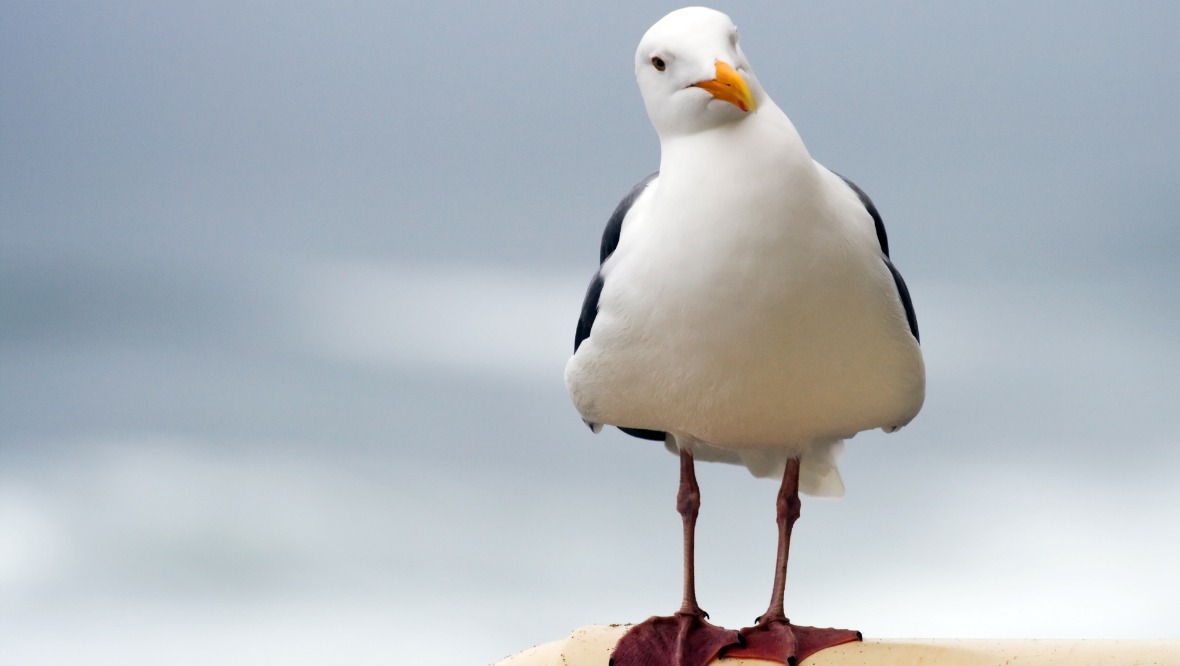 iStock
iStockRemoving nests or eggs where problems are evident or expected is considered as a ‘last resort’ to preserve health and safety.
Current laws protects all wild birds, including gulls and their nests and eggs.
In terms of direct strikes on members of the public, it is considered to be a risk to public health or safety but only if suitable PPE has not been provided.
The guidance adds: “In most circumstances we will consider this behaviour to be a risk to public health or safety.
“However, clear justification detailing why suitable alternative precautions to limit direct strikes have not been taken.
“For example, gulls are dive bombing staff and visitors entering a building, the employer or property owner has not provided any suitable PPE (e.g. protective headwear, or umbrella), resulting in injury as a result of direct strikes.”
Data suggests there has been a major decline in all five breeding species of gull in Scotland, with factors such as changes in food availability and land use being cited.
Liz McLachlan, NatureScot’s licensing manager said: “Our role is to balance the conservation and protection of species with public interests such as safeguarding people from health and safety risks.
“To make sure we get that balance right, it’s vital that our licences take into account the latest science and evidence.
“The ongoing declines in gull species in Scotland reported in the latest seabird census is very concerning. That’s why we are taking steps to ensure everyone is aware of our licensing approach, to ensure that populations are protected, and where possible restored, while health and safety risks to the public are minimised.
“We know that gulls can sometimes cause issues in our towns and cities and that these changes may cause concern for some people.
“Our licensing team have been communicating with local councils and licence holders to prepare them and we will continue to work with those affected as we enter the 2024 season to provide advice and support.”
Follow STV News on WhatsApp
Scan the QR code on your mobile device for all the latest news from around the country


